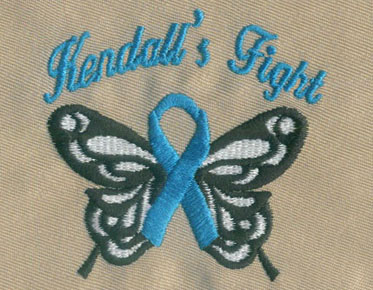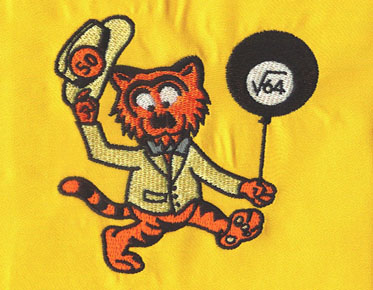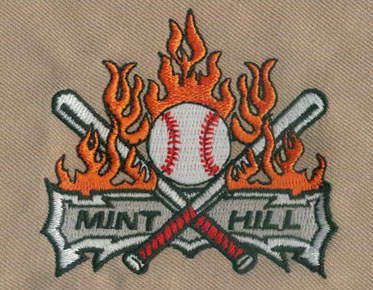Embroidery Digitizing Guidelines for Beginners
Once you've finished your design, it's
important to digitize your embroidery design so
that it can be used for embroidery. Here are some tips to help you begin:
GENERAL
1) All text should be a minimum of
3/16" tall to look OK and ¼" to look great! You also want the width
of the stitch to be a minimum of 1/16" wide.
2) Outlined text should be a minimum of
½" tall
3) Large areas of fill should be avoided on
light weight garments
4) Shadows and blending are difficult to
reproduce with embroidery but can be done very well in larger areas of fill.
Degrees of shading will be determined by the overall design size.
5) Vector based EPS files are the best and
safest way to provide artwork to your embroidery company but you can also
supply almost any file format we can open. The larger and cleaner the file, the
better the quality of the final result. Make sure ALL text is converted to outlines
or curves to avoid having the fonts changed when the file is opened on
different systems. Also embedding the PMS colors in the file is always a good
idea.
6) Whenever possible provide thread colors.
PMS colors are a good second choice if you cannot provide the actual thread
colors.
7) Have as much information on your PO as possible. When a logo is being digitized it is very important we know what type of fabric it will be going on and if it is going on a hat. It is best to have a file digitized for a hat if some time in the future you think you may be embroidering hats. If possible try and send a sample in advance of the order so we can run it on the actual fabric.
POLOS
1) For pique and most open knits ¼"
text is recommended. Bigger is always better.
2) Standard size for a left chest design is
2-1/2" – 4" wide x 1" – 2" tall. For larger size logos the
sleeve or back yoke is recommended. You can go as large as 5" wide x
3" tall on the sleeve on a larger garment but we recommend 3" wide
and no wider than 3.5". You always want to take into account the smallest
size product in the order when determining embroidery size. Cuff embroidery may
work on a large men’s shirt but when you get down to a women’s small it may not
work.
3) Striped shirts need to be high quality. Adding embroidery to a shirt that has been manufactured with crooked lines will make the defect even more noticeable. This is also true of pocketed shirts, where the pocket has been sewn on crooked.
CAPS
1) Text should be a minimum of ¼" tall
2) Very small text may sink in to the seam
on the front of a cap
3) Max size for the front of a cap is
4.25"-4.5" wide x 2-1/2" tall.
4) Max size for the back of a cap is
2-1/2" wide x 1-1/2" tall for a graphic, and 4-1/4" wide x
½" tall for text wrapped around arch.
5) Max size for the side of a cap is
2-1/2" x 1"
6) Low quality caps embroider poorly as they are not made from consistent componen
BAGS
1) Always send a sample. It is very
difficult to tell if a bag can be embroidered without actually seeing it and
attempting to hoop it. Between zippers, linings, buttons and hidden pockets we
can never be sure without seeing the bag.
2) To determine if a product can be embroidered we check that we can hoop the product and then ensure that the machine head has enough space to move the length of the logo
For your requirements with regard to
embroidery digitizing and device embroidery services, make sure you contact us
or give us a call for a quotation -- http://www. eagledigitizing.com/



